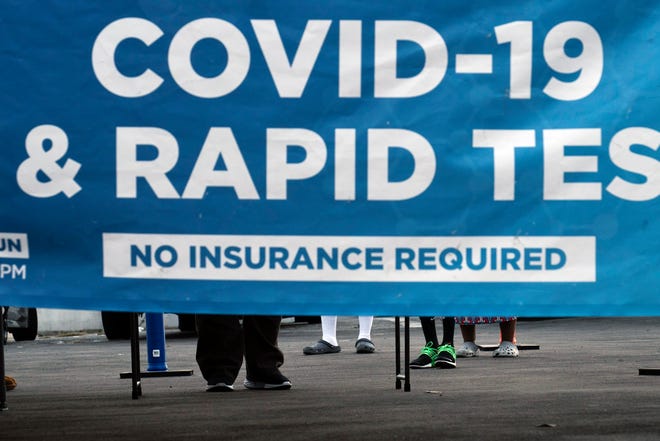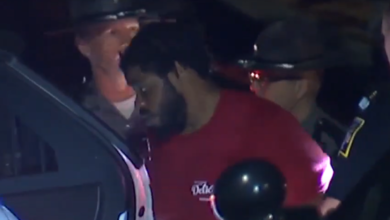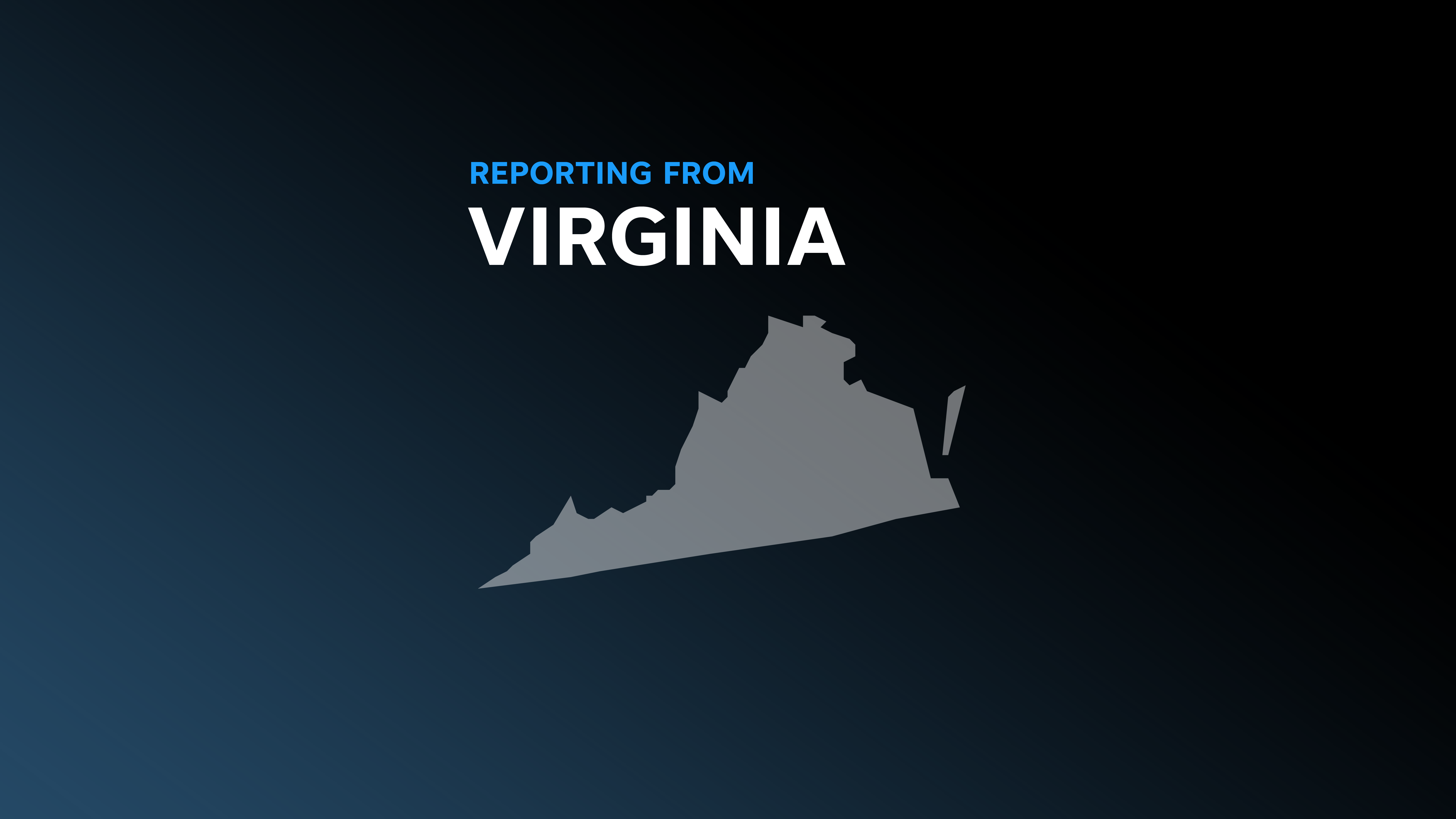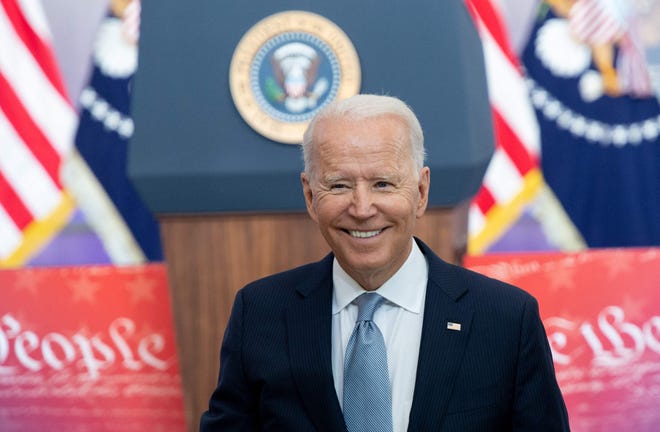
A day after authorizing the first antiviral pill to treat COVID-19, the Food and Drug Administration on Thursday authorized a second: Merck’s molnupiravir.
The prescription medication, which can be taken at home, is designed to stop the progression of COVID-19 from mild to severe symptoms in people at high risk. In data presented to an FDA advisory panel in late November, the drug was shown to prevent 30% of infections from progressing – far fewer than Pfizer’s antiviral Paxlovid, which the FDA authorized on Wednesday.
Molnupiravir, produced also by Ridgeback Biotherapeutics should be given within five days of COVID-19 symptoms beginning and should only be given to adults because it may affect bone and cartilage growth, the FDA noted. The drug is not recommended for use during pregnancy because animal studies suggest it may damage the fetus.
Several doctors told USA TODAY that they would only prescribe molnupiravir if they had no other alternative, and the FDA seemed to echo that by noting in its authorization announcement that the drug is to be used by people at high risk for severe disease “for whom alternative COVID-19 treatment options authorized by the FDA are not accessible or clinically appropriate.”
"There are a lot of question marks still to answer, however, If I had nothing else to provide to a patient that was at high risk, that's a risk-reward discussion with a patient," said Michael Ganio, senior director of Pharmacy Practice and Quality at the American Society of Health-System Pharmacists. "That decision may lean in favor of molnupiravir if it was available."
The U.S. government has pre-purchased 3.1 million courses of molnupiravir, for about $2.2 billion. Merck said it was ready to ship hundreds of thousands of courses within days of authorization and 1 million courses over the next few weeks in the U.S. Ten million courses of treatment are ready to be packaged and distributed worldwide. Paxlovid is also expected to be in short supply at first because it is difficult and time-consuming to manufacture.
– Karen Weintraub, USA TODAY
Also in the news:
► The United States has almost surpassed the case levels it saw during the worst of the delta surge of the virus. The worst seven-day period of the delta wave ending Sept. 13 saw 1,197,846 new cases. In a seven-day period ending Wednesday, the U.S. recorded 1,152,497 new cases.
► President Joe Biden tested negative for COVID-19 on Wednesday after coming into contact last week with a White House aide who has since tested positive for the virus.
► Sen. Chris Coons, D-Del., tested positive for COVID-19, he said in a statement Thursday.
► The head of the World Health Organization, Tedros Adhanom Ghebreyesus, said Wednesday that "blanket booster programs are likely to prolong the pandemic rather than ending it." Tedros has long been critical of wealthier countries' booster campaigns while many poorer countries still have large shares of their population unvaccinated.
► Students at campuses in both the California State University and University of California systems will be required to get booster shots, the schools' leaders announced this week.
► A federal judge on Wednesday refused to block a mask mandate imposed by schools in Las Vegas and dismissed a lawsuit filed by two students’ parents.
► Public health officials in the U.K. said Thursday that they wouldn't add any additional restrictions on gatherings before the Christmas holiday after a pair of studies showed omicron was less likely to cause hospitalization.
► A North Carolina police chief has been placed on unpaid leave after he allegedly told officers to get fraudulent COVID-19 vaccine cards at a "clinic" without having been vaccinated, WMBF-TV reported.
📈Today's numbers: The U.S. has recorded more than 51.5 million confirmed COVID-19 cases and more than 812,000 deaths, according to Johns Hopkins University data. Global totals: More than 277.3 million cases and 5.3 million deaths. More than 204.8 million Americans – 61.7% – are fully vaccinated, according to the CDC.
📘 What we're reading: Omicron has dealt yet another blow to schools that have already weathered COVID-19 disruptions, student misbehavior and staffing shortages this fall. "The overall feeling is one of exhaustion," says one superintendent. Read the full story.
Keep refreshing this page for the latest news. Want more? Sign up for USA TODAY's free Coronavirus Watch newsletter to receive updates directly to your inbox and join our Facebook group.

Is it safe to attend Christmas Mass as COVID surges?
Just when it seemed like life could approach some semblance of normalcy, COVID has come roaring back, casting a shadow over Christmas services for millions.
The rapid surge of the highly contagious omicron variant had local health experts offering blunt advice Wednesday: Stay away from crowded Christmas Masses and holiday parties this weekend.
"If people are going to gather in places of worship, they should be prepared for the fact that they will be exposed to the variant," said Perry Halkitis, dean of the Rutgers School of Public Health. Read more here.
– Deena Yellin, NorthJersey.com
Studies try to clarify future of omicron variant
A disorienting torrent of new information about the omicron coronavirus variant continues to flow as Americans finalize their holiday plans – traditions that once again will have profound public health consequences.
Some news appears ominous, including a new projection suggesting about half of the nation can expect to become infected with the variant in the next few months. That’s an unprecedented number of cases, a number that once would have been expected to result in untold suffering.
But the projection can also be grouped in with a growing scientific consensus that an omicron infection appears to be less risky than previous variants. Scientists are still sorting out the role of vaccines, prior infection, demographics and the virus’ many mutations in this trend. Meanwhile, two British studies added more evidence to the theory that omicron is milder than delta, showing a lower risk of hospitalization.
But on Wednesday, Dr. Anthony Fauci cautioned that celebrating the spread of a likely less-severe version of COVID-19 is premature: “You can’t count on anything when you’re dealing with a virus that has fooled us so many times before,” Fauci said.
US reporting more than 160K COVID cases per day
COVID-19 cases in the United States have increased about 36% in just the last week, a USA TODAY analysis of Johns Hopkins University data shows. The U.S. went from reporting about 120,000 cases a day to more than 160,000.
Maryland has joined New York, New Jersey, Puerto Rico and Washington, D.C., in reporting a record number of cases, while Maine again reported a record number of deaths.
Across the United States, about 88 communities reported a record number of cases, the analysis shows. Those include heavily populated counties around Boston, Chicago, New York City, New Haven and Providence, as well as about 30 municipalities in Puerto Rico.
– Mike Stucka, USA TODAY
Supreme Court to hear arguments in challenges to Biden vaccine-or-testing mandates
The Supreme Court announced Wednesday it will hear oral arguments in a number of challenges to President Joe Biden's COVID-19 vaccine-or-testing requirements for large employers and health care facilities.
The high court was already considering several appeals about those requirements on an emergency basis – which rarely involve oral arguments – but the court announced it would take a more formal approach to the cases and scheduled arguments for Jan. 7.
The justices deferred action on the challenges until after then.
While largely a procedural move, the development signaled the nation's highest court may be prepared to wade into the thorny issue of vaccine mandates for the first time during the coronavirus pandemic. The court has turned away challenges to other such regulations in Indiana, Maine and New York, allowing state or local vaccine mandates to remain in effect.
– John Fritze, USA TODAY
Ohio to add help for hospitals after breaking daily case record
Ohio laid out more details Wednesday about its strategy to combat the surge of COVID-19 patients that understaffed hospitals are facing after reporting a record daily high in the number of new COVID-19 cases Tuesday: 12,502. The state broke it again Wednesday reporting 12,864 new cases.
Hospitalizations are also reaching levels not seen since last winter's surge when vaccines were just becoming available. As of Tuesday, there were 4,797 Ohioans in the hospital for the virus – one in four patients at Ohio hospitals.
The situation has gotten to the point that Gov. Mike DeWine announced he would send 1,050 Ohio National Guard members to assist hospitals to handle the influx of patients. Facilities are understaffed as workers leave the profession, many of whom are worn out by the pandemic. DeWine also said Ohio was working with a company to bring in nurses from out of state.
– Titus Wu, Akron Beacon Journal
Contributing: The Associated Press
Source link









